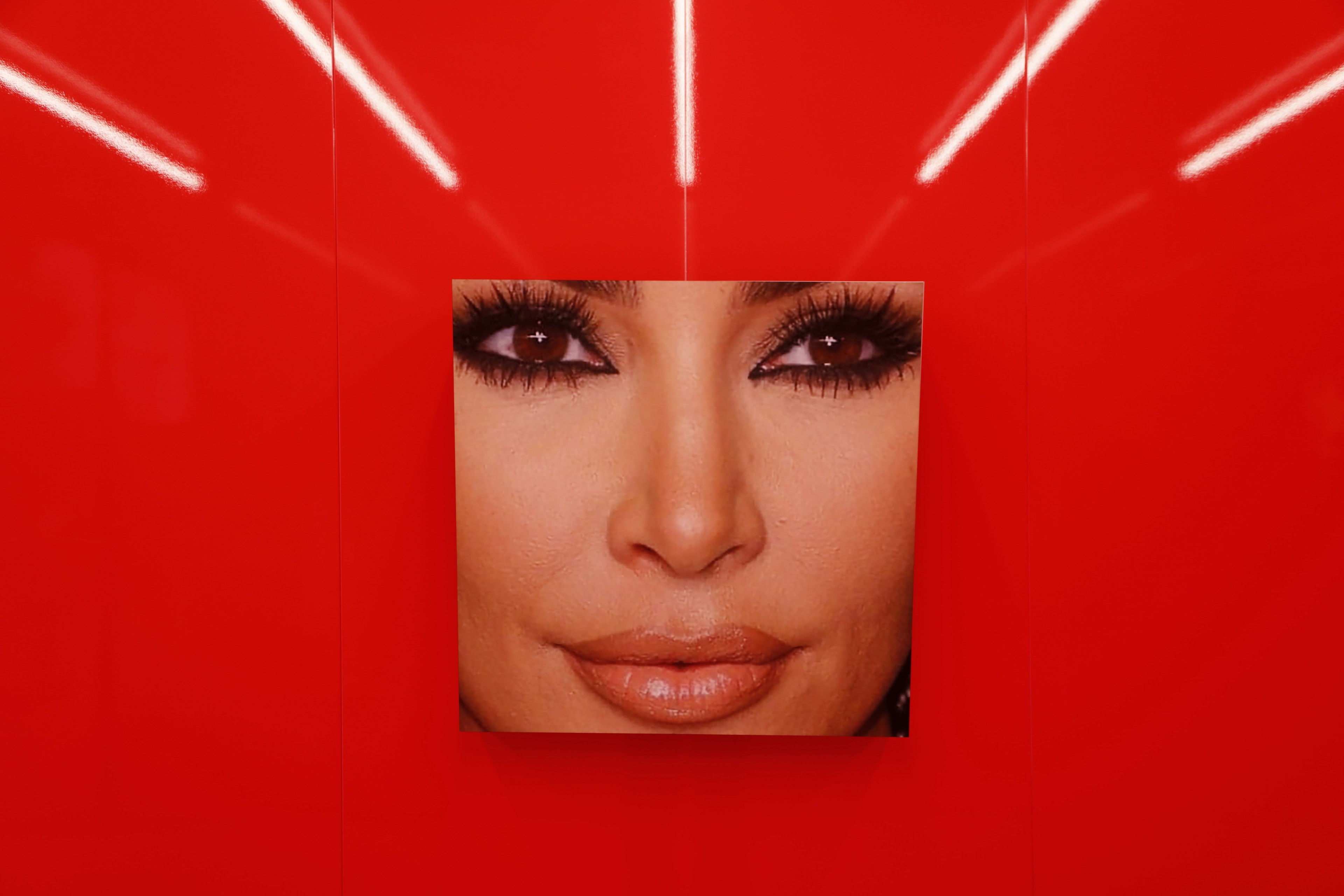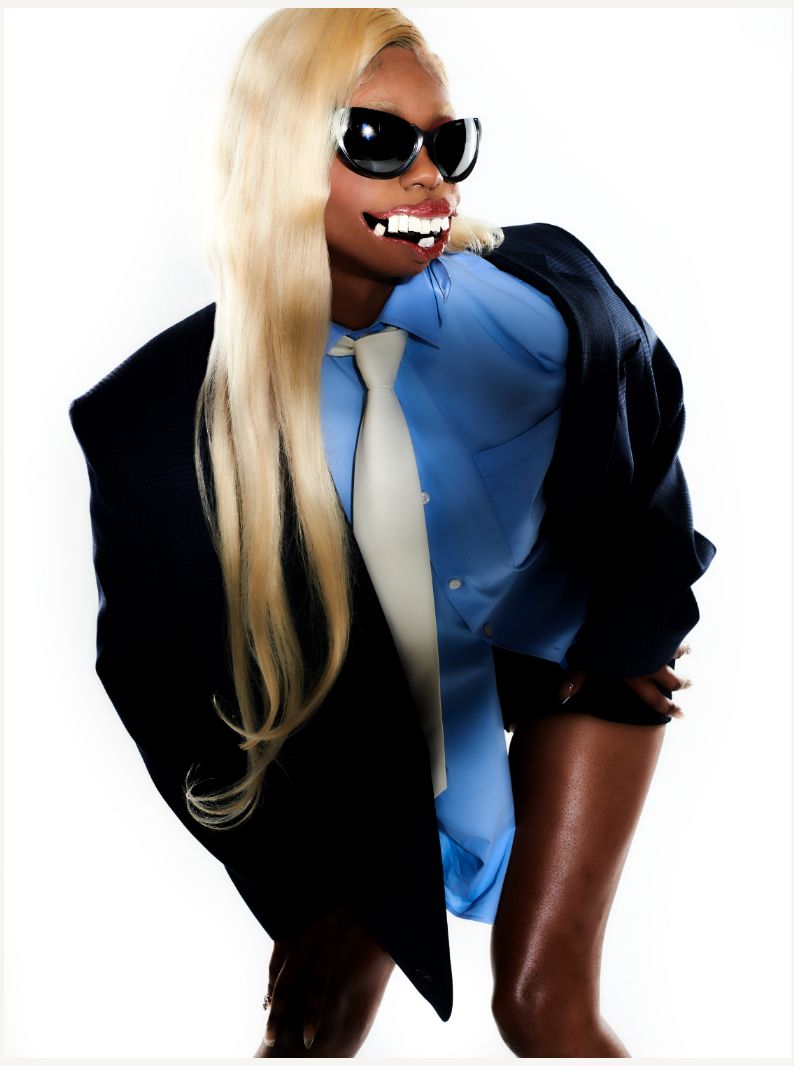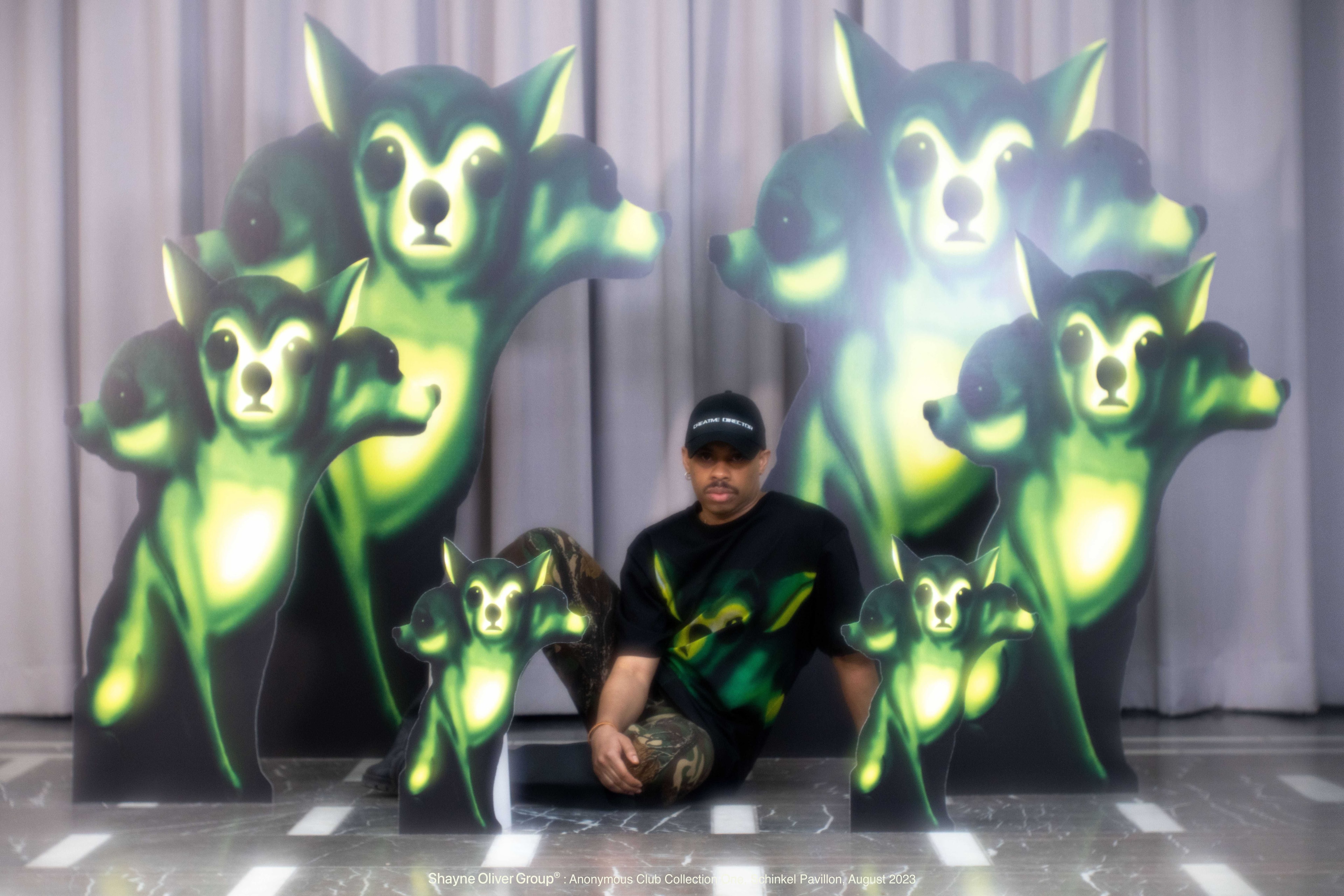Are We Artless? NATASHA STAGG
|Josh Greenblatt
In the foreword to Artless, NATASHA STAGG's new book of essays and stories, the author deems her opinions irrelevant and mutable. She opts instead for ambivalence, a daring literary stance to assume in a (digital) media environment fueled by hot takes and trite opinion pieces. Instead, Stagg, a former V Magazine editor and writer who now consults for fashion brands, chronicles the epochal shifts in media, art, and culture that have shaped our anxious, algorithmic era from the twin perspectives of observer and participant.
In her 2019 book Sleeveless, Stagg reported from the trenches of New York’s fashion and media scenes of the late aughts with a lucid and sensitive eye. With the same perspicacity and dry wit, Artless further explores how social media creates a hall of mirrors that splinters our selves into monetizable, branded personas—marks for relentless marketing.

JOSH GREENBLATT: How did Artless come to be?
NATASHA STAGG: I mean, it's kind of the same as my last book. It feels like a sort of follow-up to it, just collecting things that I've been writing since then. I think most of them have been previously published, but a few things are new. Then organizing it in a way that's kind of like, pre-, during, and post-pandemic, just to kind of give it a sense of the time that these things were written in.
JG: How did the pandemic change New York’s media scene?
NS: From my perspective, it seemed to accelerate some things that were already in motion—such as, working from home, how shopping is all online, and all that stuff was obviously on its way to our lives just based on the technology advancing to that point. And then the pandemic driving it home was an interesting thing to watch.
JG: The narrator writes from an insider-outsider position, like observer-participant. What does this point of view allow you to do in your writing?
NS: It allows for a little bit less subjectivity, I guess. I prefer having a character that stands in for me instead of trying to express myself all the time because I don't think that's very productive for me. I'm not into reading or writing opinion pieces. They’re interesting only in terms of getting to know a person at that moment. It's not really literary.
JG: Can you talk about the role of ambivalence in the book? We’re in a moment where people call for nuance and complexity and demand ideological and moral purity. I'm also thinking of your essay “The Wheel” where you discuss the dangers of the hive mind holding two truths at the same time.
NS: It seems to be the way of this era to not stick to one opinion, necessarily. Maybe that's not actually the case, but I think I'm seeing it more as something that can be true in ways that it couldn't be true before, to have conflicting opinions and holding those two opinions in your mind at the exact same time. And I know it's not actually possible, but I feel like I see it all the time, or at least the attempt at it.
JG: I feel like if people thought about a lot of things for one more second, maybe a lot of opinion pieces wouldn't be written.
NS: Right, exactly. I feel like in our very small milieu there's a lot of talk of horseshoe theory or coming back around. There's a lot of like, “I was this, I was so alt-right that I came back to being left.” Everything's either circular or maybe just conflicting. That’s to consider in terms of it breaking binaries, because we're so used to everything being so mapped into binaries. Maybe we're just on our way to that being less true or less productive to think in those ways.
JG: There’s been a few recent pieces about the fate of New York's avantgarde. Why do people still talk like this in 2023?
NS: I don't know. It does feel like there's not much to talk about, so we're just talking about that again.
JG: Saying there's nothing to talk about is a perfect answer in a Q&A. And then there’s every Dimes Square piece…
NS: I haven’t written a Dimes Square piece yet…I’m just kidding. I feel like it would be interesting to read all of them. I think [the critic] Dean Kissick [compiled them all] but they weren’t done yet, so we can keep going with this, like, big book of Dimes Square pieces, and then it becomes its own thing. I was just in France and some guy was like, “can you explain what Dimes Square is to me?” Like, it's become that. [He didn’t ask] because I'm me; it was just a person that was like, “hey, American, you live in New York, do you know what this thing is?” And I was like, well, “it's a neighborhood or a square—actually, it’s kind of a triangle.” And then he was like, “no, but isn't it a concept?” And I was like, “oh, so you've read the piece.” You kind of have a better understanding of it if you're outside of it maybe.
JG: I feel like people who don't live in New York know what Dimes Square is…
NS: Better than people in New York!
JG: I feel like that book of essays about Dimes Square should be published and in 15 years Climax Books will resell it for 300 pounds.
NS: Exactly.

JG: Are you still seduced by working with fashion brands?
NS: I mean, yeah, they pay me. I'm seduced by money. I have been kind of down on fashion writing, maybe. Like, I don't want to write about it myself as an authority, but that might come from having worked closely with brands and feeling a little bit on the other side of it now, and maybe that's not even ethical for me to…I mean, every fashion writer I've ever heard of also works for brands, maybe not the top ones and the older ones, but the people that are my age are all playing both sides. I don't mind doing it, but I want to be more transparent about it, I guess.
JG: Whether it's ethical or not, your transparency animates your writing. Like when you’re talking about the meaninglessness of being on set for a commercial interviewing a model in Paris. Now, there have also been countless think pieces about how nothing is cool anymore. Is anything cool anymore?
NS: I hope so. I do feel super…and I hate that I feel that because it has like the overarching feeling and nobody wants to be in the majority. But, it's hard to get excited by stuff when it's just like, “which movie are you going to see of these two super boring movies?” What are we talking about. I don't know. It is hard to say if anything's cool anymore; I have been kind of down on stuff. But there’s cool things out there, I’m sure.
JG: Anything come to mind?
NS: [long pause] Can I come back to that?
Credits
- Text: Josh Greenblatt
Related Content

KW Berlin’s Paradigm Shift: EMMA ENDERBY

Romance & Power: NATASHA STAGG

Transmissions: Culturecure

“Drama—netic” by CHRISTOPHE DE ROHAN CHABOT

Love in the Time of Prompting: SHUMON BASAR and Y7’s CORE+LORE

Reality TV as a Sociological Analysis: JAMES BANTONE

ITEM IDEM Invades New York City with a “Tiki Pop” Reflection on Late Capitalism

Brenda’s Business with SHAYNE OLIVER